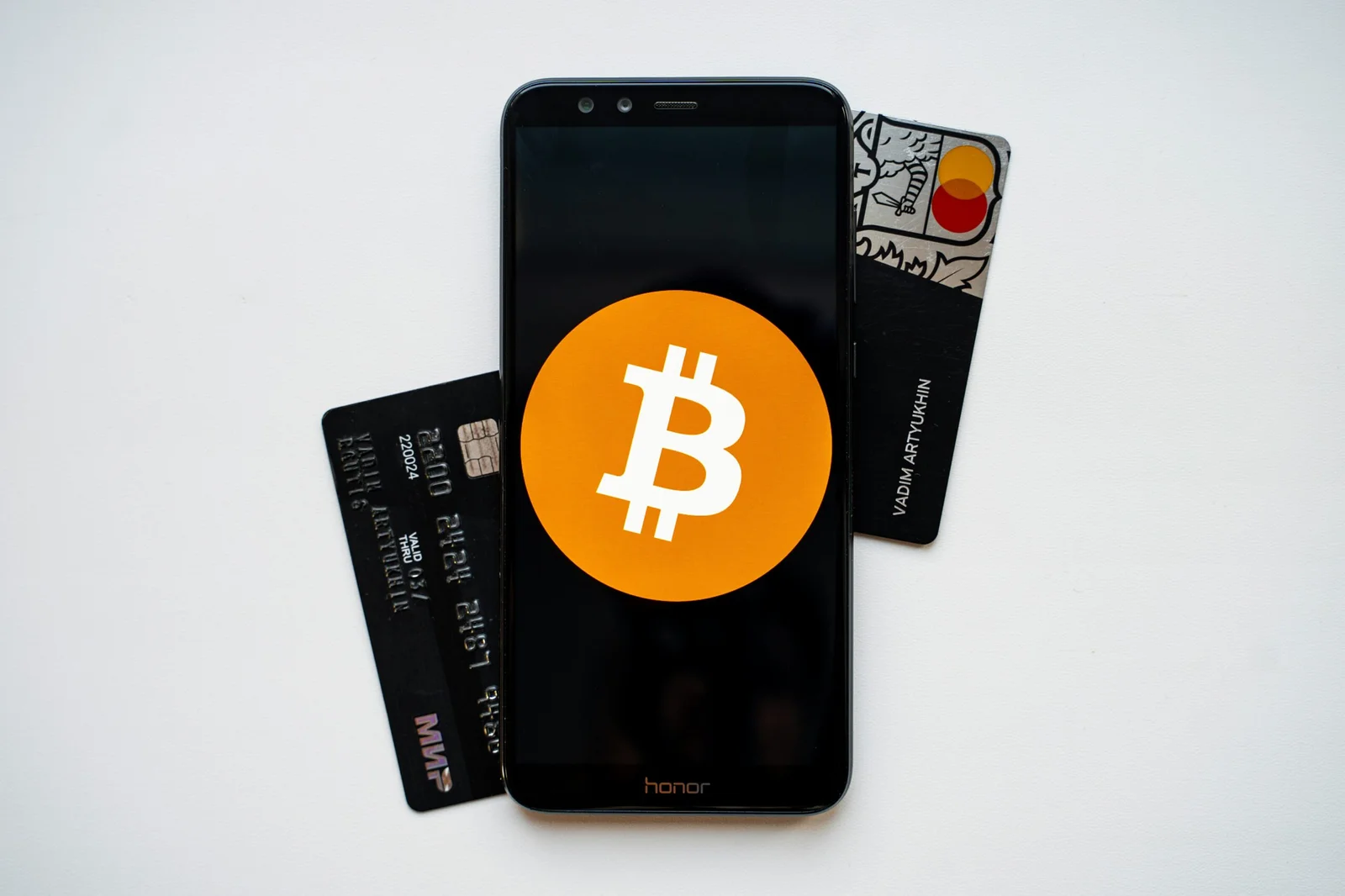
Understanding Different Types of Crypto Wallets
In the realm of cryptocurrency, selecting the right wallet is crucial for securing digital assets. Crypto wallets come in various forms, each with unique features and functionalities. Understanding these different types of wallets is essential for making informed decisions tailored to individual security needs and technical proficiency.
Firstly, hot wallets are digital wallets connected to the internet. They include web wallets, mobile wallets, and desktop wallets. While they offer convenience and ease of access, their constant connection to the internet makes them more vulnerable to cyber-attacks. Hot wallets are ideal for frequent traders or those who require quick access to their funds. However, users should exercise caution and implement robust security measures, such as two-factor authentication and regular updates.
On the other hand, cold wallets are offline storage solutions, significantly reducing the risk of online threats. These wallets include hardware wallets and paper wallets. Cold wallets are recommended for long-term storage of significant amounts of cryptocurrency. Although they are less convenient for daily transactions, their enhanced security makes them a preferred choice for serious investors.
Hardware wallets are physical devices designed to store private keys offline. They are widely regarded as one of the safest options due to their immunity to online hacking attempts. Hardware wallets are user-friendly and portable, making them suitable for both novice and experienced users. However, their initial cost and the need for careful handling to avoid physical damage can be considered drawbacks.
Software wallets include desktop, mobile, and web-based applications. These wallets offer varying degrees of security and convenience. Desktop wallets provide a good balance of security and accessibility, as they store private keys on a local device rather than an online server. Mobile wallets are practical for everyday transactions but require users to be vigilant about malware. Web wallets, while highly accessible, are the least secure due to their reliance on third-party servers.
When selecting a crypto wallet, it is paramount to choose a reputable provider with a solid track record. Using lesser-known or unverified wallets can expose users to significant risks, including potential scams and loss of funds. Conduct thorough research and read reviews to ensure the wallet provider has robust security protocols in place.https://bitcoin.org/
Security Best Practices for Protecting Your Crypto Assets
Securing your crypto assets is paramount in the ever-evolving landscape of digital currency. One of the foundational steps is to use strong, unique passwords for your crypto wallets. A robust password typically includes a mix of uppercase and lowercase letters, numbers, and special characters. Avoid using easily guessable information such as birthdays or common phrases. For enhanced security, consider employing a reputable password manager to generate and store your passwords.
Enabling two-factor authentication (2FA) on your crypto wallets adds an additional layer of protection. 2FA requires not only your password but also a second form of verification, such as a code sent to your mobile device. This significantly reduces the risk of unauthorized access even if your password is compromised.
The importance of keeping your private keys secure cannot be overstated. Private keys are the cryptographic keys that allow access to your cryptocurrency. Never share your private keys with anyone and store them in a secure location. Consider using hardware wallets, which are physical devices designed to securely store private keys offline, minimizing the risk of exposure to online threats.
Regularly updating your wallet software is crucial to protect against vulnerabilities that could be exploited by malicious actors. Developers frequently release updates to patch security flaws and enhance the overall functionality of the wallet. Staying current with these updates ensures that you benefit from the latest security improvements.
Multi-signature wallets offer an added layer of security by requiring multiple approvals before a transaction can be completed. This means that even if one of the keys is compromised, the attacker would still need access to the other keys to authorize a transaction. This setup is particularly useful for organizations or individuals holding significant amounts of cryptocurrency.
Finally, be vigilant in recognizing and avoiding common scams and phishing attempts. Scammers often use deceptive emails, websites, or social media messages to trick you into revealing your private keys or personal information. Always double-check URLs, be cautious of unsolicited communications, and use trusted sources when accessing your crypto accounts.
RELATED POSTS
View all


